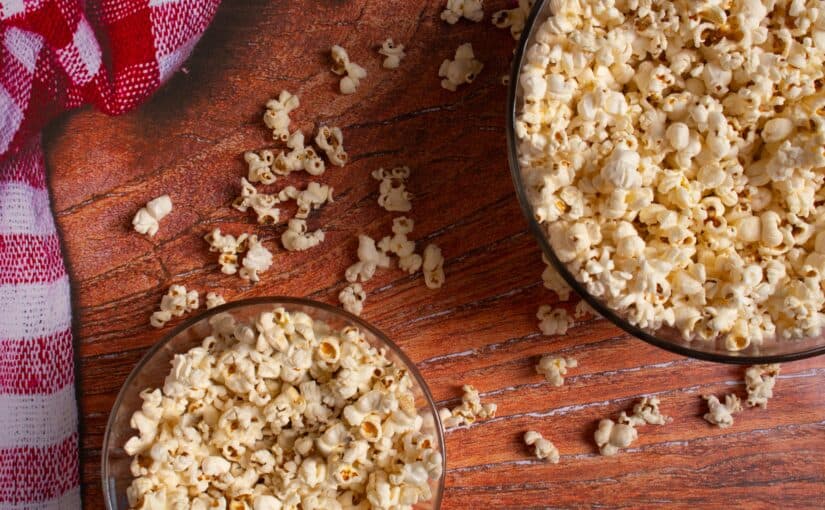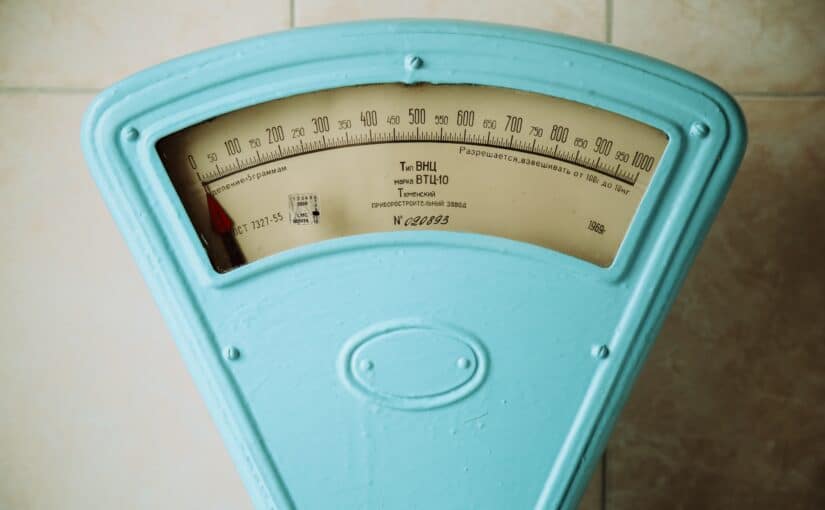Unlike Halloween and special events that come yearly, every 24 hours brings with it nighttime… and an opportunity to struggle with craving food and nighttime snacking. A daily cycle can develop where people wake up, relieved that it’s a new day, determined to eat differently. But as soon as dinner is over, and there is time to sit on the couch to relax, the desire for late-night snacking kicks in. Add on fatigue to make managing food cravings and mindless eating feel impossible to overcome. Nighttime can be so hard!
Category: Nutrition and Body Image: Weight-loss Struggles and Body Positivity
Food Cravings and Shame: A Perfect Storm of Emotional Eating and Discomfort
Do you “sneak” a piece or two (or many more) of candy at Halloween? Or a slice of cake at a birthday party? Does the desire for a late-night snack turn into a spiral of emotional eating and overeating? Guilt and shame around eating something we feel we shouldn’t prevents us from actually enjoying the item we desire. To make matters worse, guilt and shame can then drive additional food cravings. These “secondary cravings” are no longer about the original simple desire to eat the food, but instead use food to numb the uncomfortable feelings. This pattern of an adversarial relationship with food can be a hard to break!
Shifting the focus from diet and weight loss towards improving overall health
If you starve yourself to be thin will this make you healthier? Can a number on the scale determine an individual’s health status? Health and weight are related concepts that can directly affect each other, but it’s overly simplistic to think that weight decides an individual’s health. Studies often site “weight” as the culprit for many of the world’s health problems but given the multitude of variables that are difficult to control, it’s hard to prove a particular number on the scale is the key factor. Yes, unhealthy behaviors will lead to weight gain, and there are many people who have weight-related health problems. But not everyone with extra weight is unhealthy.
5 Steps to Body-Positivity and Self-Love: Changing the Negative Self-Talk
In a society enthralled with selfies, surrounded by images portraying what appears to be the “ideal” body size and shape, it’s easy to feel negative about the parts of our appearance that fall outside this cookie-cutter standard. Instead of celebrating differences, body-positivity, and focusing on health; the number on the scale can become the deciding factor for mood and self-worth. Negative self-talk and self-loathing don’t help. Food ends up being viewed as an adversary instead of a life-sustaining and nurturing gift to be enjoyed. Instead of being amazed at the way our body works and how nourishment helps it function, a complicated pattern develops that can include food restriction, mindless eating, cravings, shame, self-loathing, and overeating. No one wins in this trap and stress only makes it that much more tricky. Positive self-talk and self-love are possible!
At war with ourselves: Tools to improve your health and stop fighting the weight-loss battle
Why go to a war that is being fought for the wrong reasons with an outcome that is outside of our control? How did the world start believing the complexities of health can simply be boiled down to a number on the scale? Not only are we missing the tools we need to actually make a difference in the weight loss struggle and improve health, but we are measuring success with unrealistic, and often unattainable, expectations. There isn’t any diet that will fix this problem. Intuitive and mindful eating can.
The Keys to Ending the Weight Loss and Body-Shaming Struggle: Mindful and Intuitive Eating
Consuming food on the run is a skill I have mastered. Never one to sit for long, fitting eating around other priorities is a pattern “perfected” while in medical residency when the choice was to consume a granola bar while fast-walking or lose my chance to eat at all. Intuitive eating was definitely not a concept I considered. This pattern of mindless food consumption is a recipe for trouble, yet many of us fall into it to accommodate the daily, frantic lives we lead. Without mindful eating, we aren’t in-tune with our body enough to provide it with the nourishment it needs and wants. In a world that is too focused on the numbers on the scale rather than overall health, this disconnect from the body can pave the way for extreme dieting, eating disorders, and body shaming.







